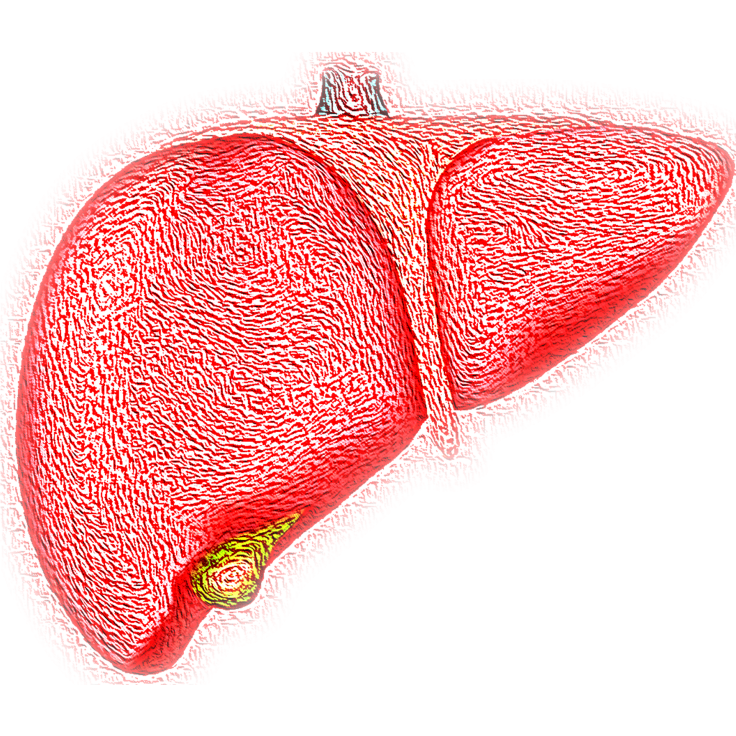Auto-Brewery Syndrome: Woman Failed Urine Tests As Her Bladder Was Brewing Alcohol

KEY POINTS
- About 15,000 Americans are on the waiting list for a liver transplant every year
- A history of chronic and ongoing drug and/or alcohol abuse can prevent a person from receiving a liver transplant
- The patient was suffering from an auto-brewery syndrome
A woman almost got rejected for a liver transplant surgery as tests showed alcohol in her urine though she denied drinking. Doctors later found out that she was suffering from a rare medical condition called auto-brewery syndrome.
According to a case study published recently in the Annals of Internal Medicine, the 61-year-old unidentified female patient had visited the University of Pittsburgh Medical Center seeking a liver transplant after another hospital rejected her stating her drinking problem. At UPMC, she was put on the waiting list and referred her for alcohol addiction treatment.
A psychiatrist with the transplant center, Andrea DiMartini, requested the patient’s lab results. That’s when DiMartini and team happen to identify a new medical condition called auto-brewery syndrome or "bladder fermentation syndrome".
The patient was actually not been drinking. The doctors noticed that the patient’s blood tests were negative for alcohol but her body was secreting alcohol by itself.
“The findings have implications for programs that test urine for alcohol, including addiction treatment and transplant programs,” The Star quoted Kenichi Tamama, a clinical pathologist and medical director of the UPMC Clinical Toxicology Laboratory, as saying.
Putting the pieces together
When the body metabolizes alcohol, it gets cleared off the blood quicker than from urine. And if the woman had been drinking, her urine should have contained two byproducts or metabolites of alcohol such as ethyl sulfate and ethyl glucuronide. But they weren’t found in the woman's urine sample, instead, doctors found yeast in her urine and she was diagnosed with uncontrolled diabetes where the sugar levels in her urine would be extremely high.
In rare cases of gut fermentation syndrome, alcohol would be secreted by the gastrointestinal tract and the patients would be intoxicated and their blood samples would test positive for alcohol. Tamama said there were cases where doctors fermented urine in the laboratory. His team wanted to ensure that they treated the patient properly without falsely blaming her to be an alcoholic.
The doctors collected a fresh urine sample from the patient and had it rushed on ice to the lab. The sample which smelled heavily of alcohol was let to sit in the lab at various temperatures. At a temperature of 98.6 degrees, they found the alcohol levels raised by 18 times. They found that the yeast in the patient’s urine was converting sugar into alcohol.
The researchers were stunned to notice the intensified alcohol smell in her urine which resembled that of wine. The yeast, Candida Glabrata, commonly found in people is closely related to brewer’s yeast — Saccharomyces cerevisiae.
Following the game-changer findings, the patient was reconsidered for a transplant.
© Copyright IBTimes 2025. All rights reserved.






















